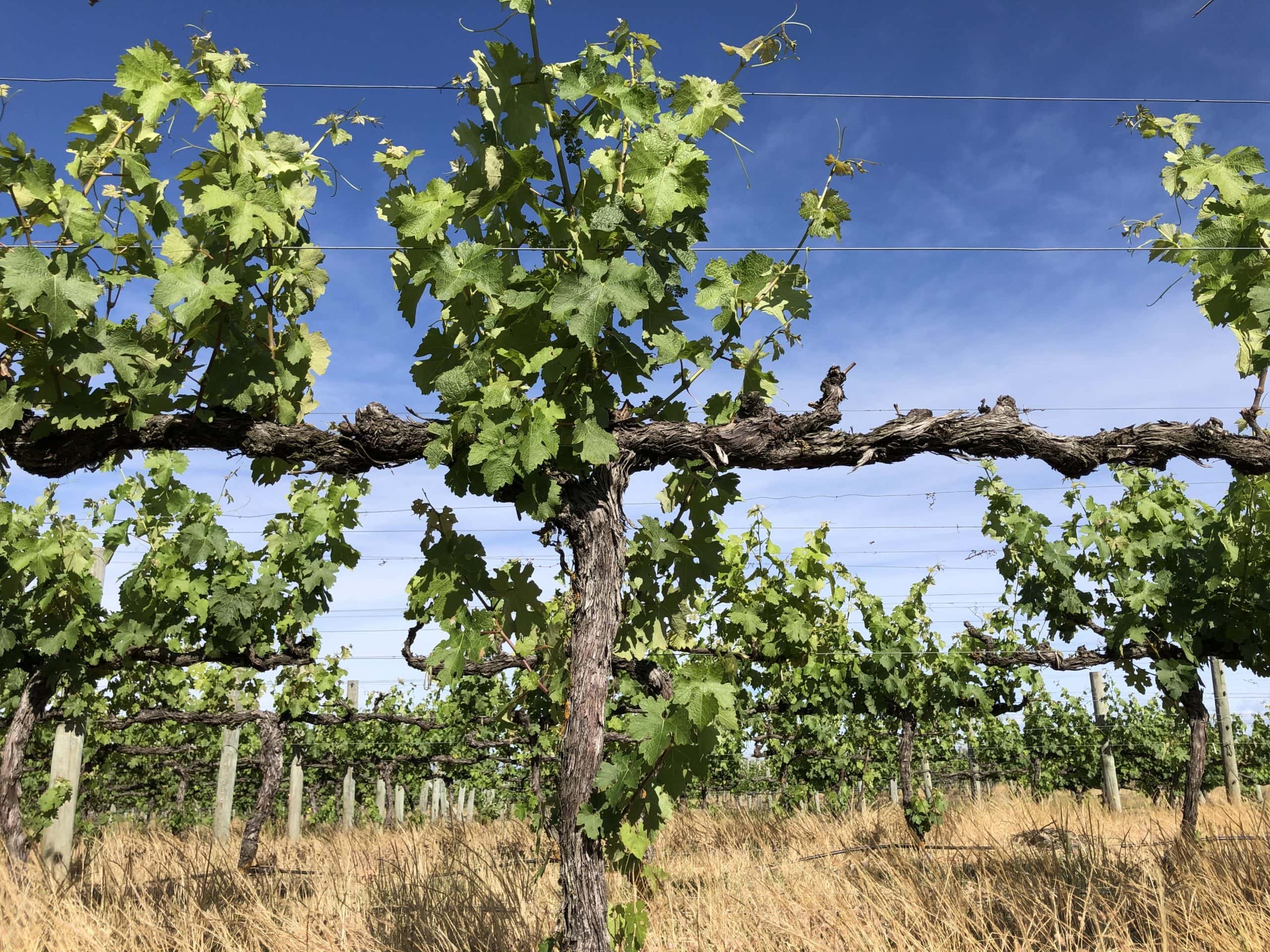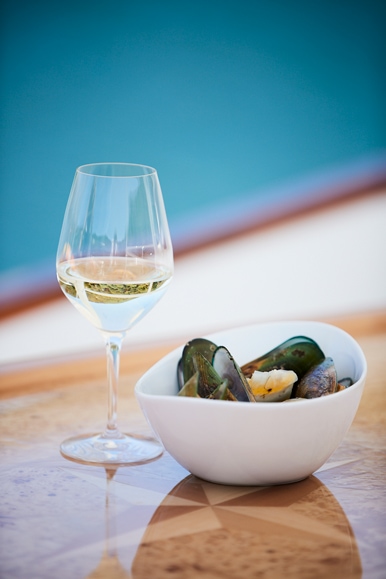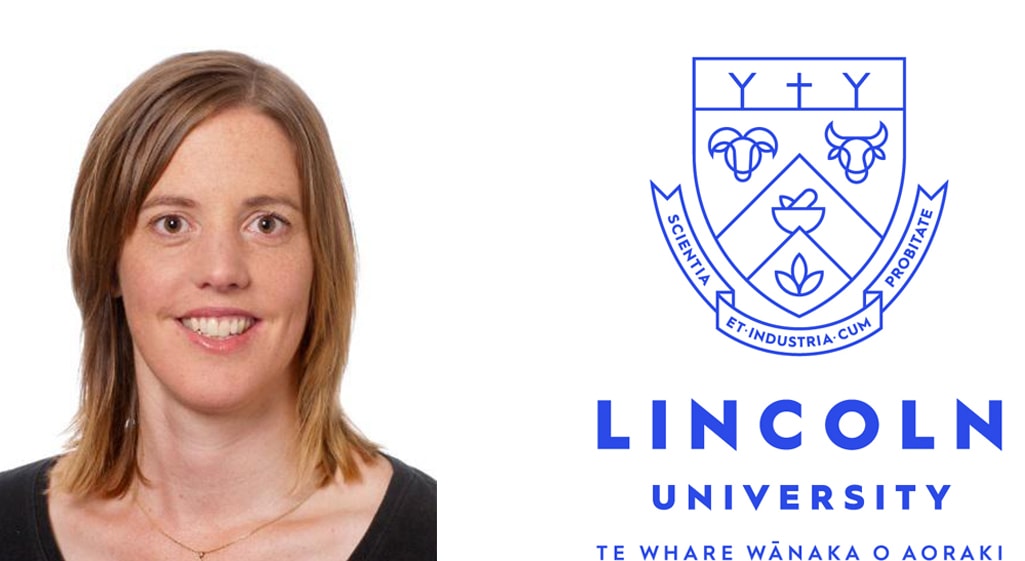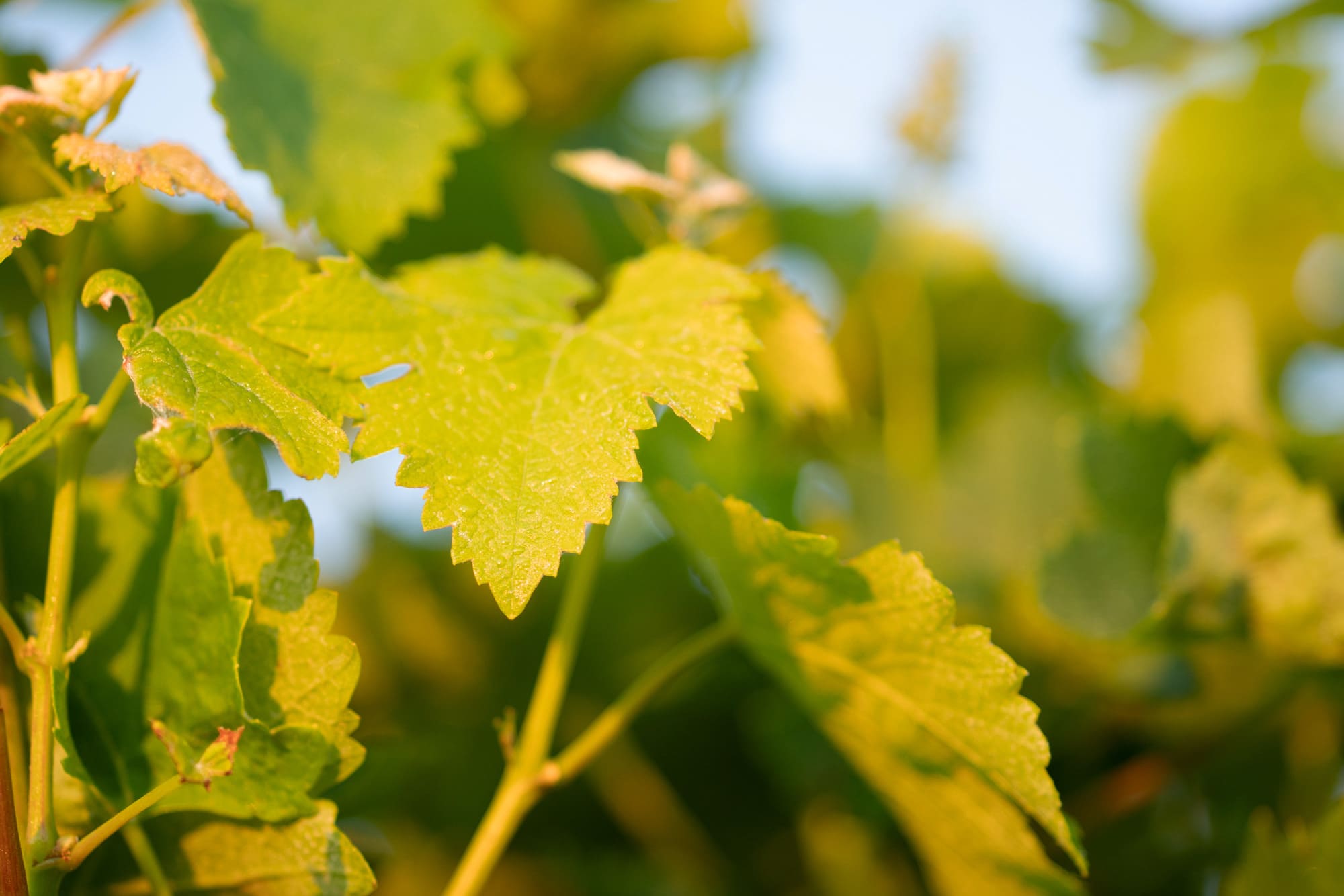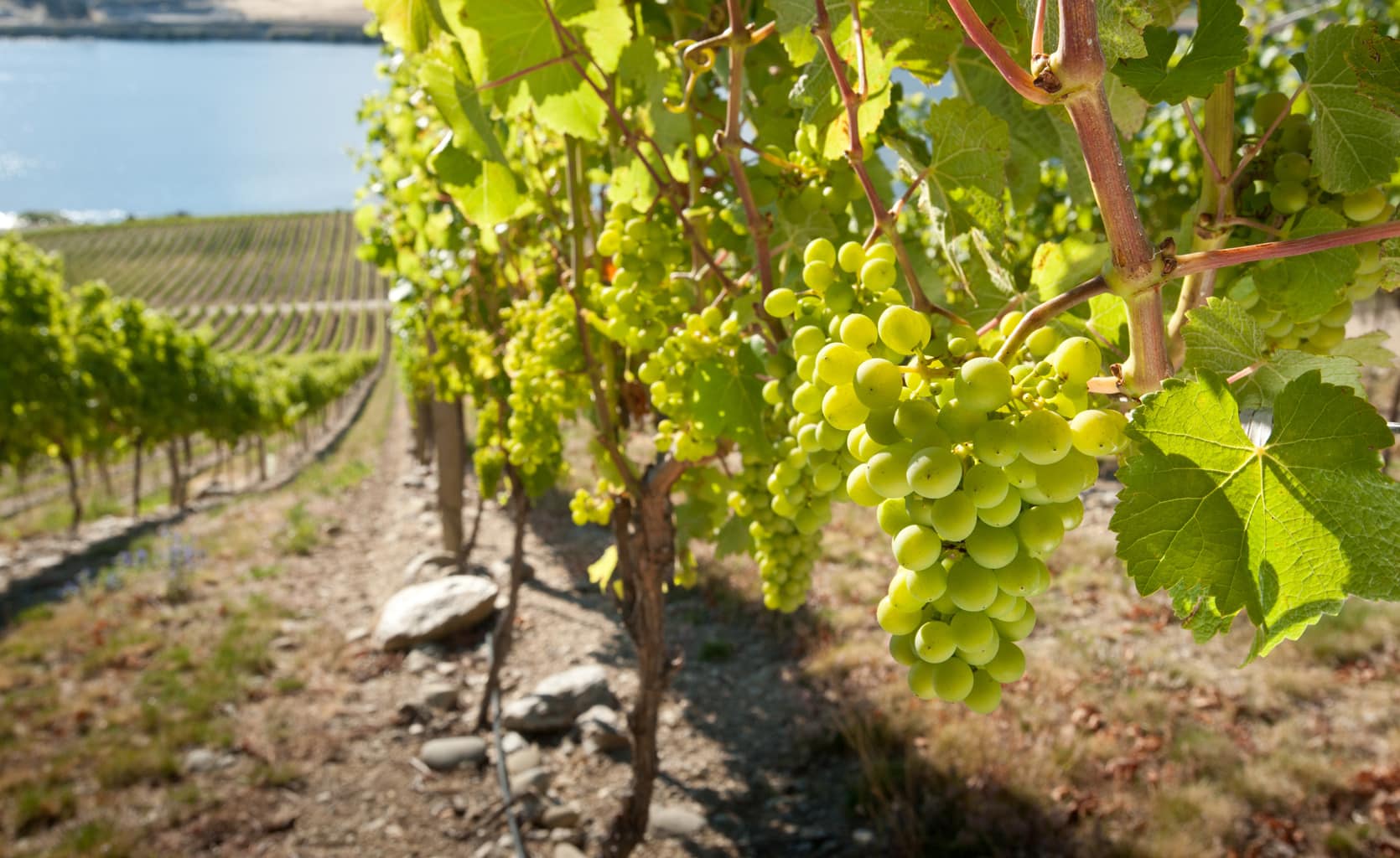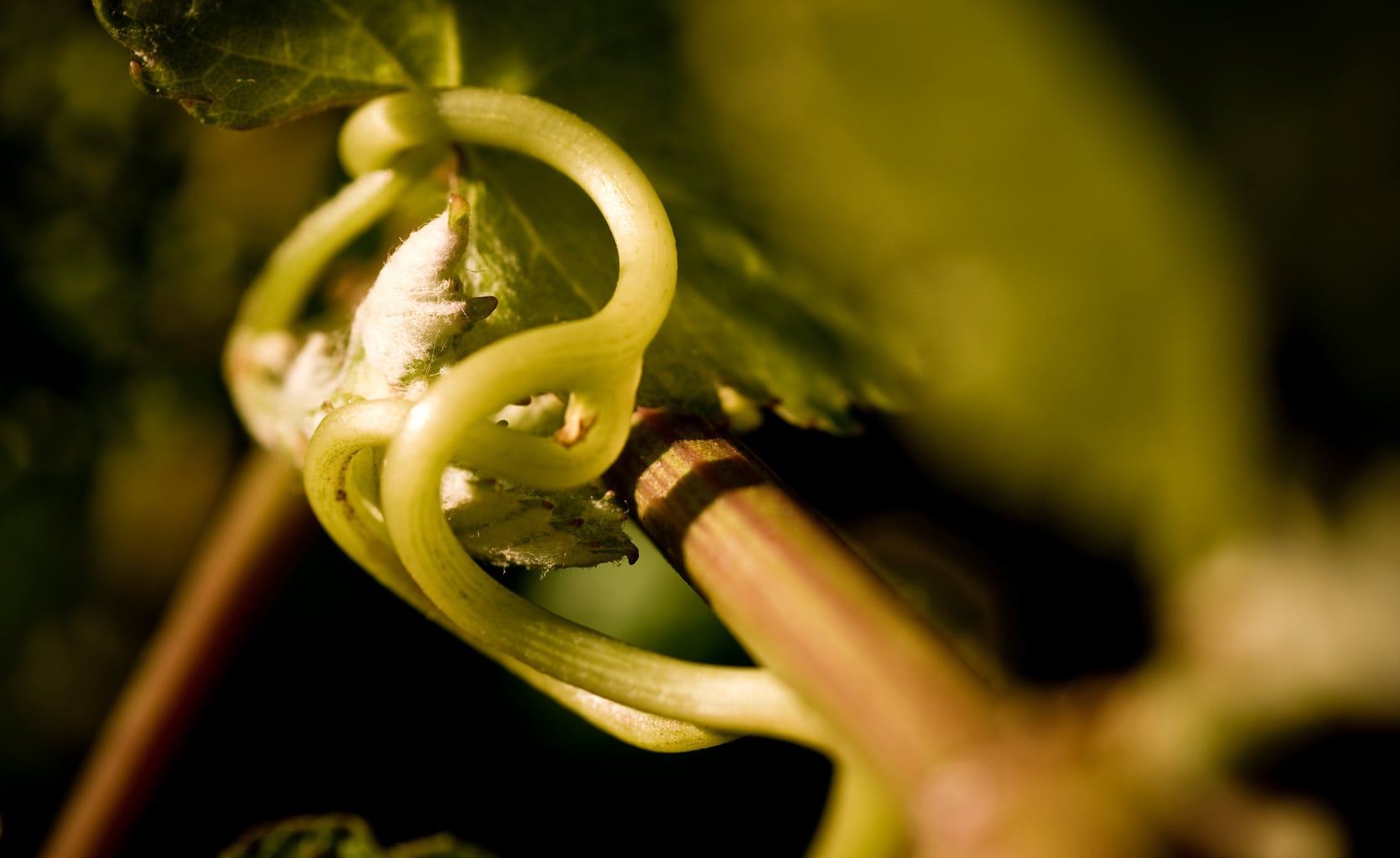Soil health is critical to NZ Winegrowers, one of six sustainability focus areas of most importance to our industry, environment and people.
New Zealand viticulturists have a special relationship with their soil because of the strong influence it has on the style and character of resulting wines. Maintaining soil health is important to help sustain the industry for generations to come and also for the quality of the wine.
Understanding the challenge
Over the past year, Bragato Research Institute (BRI) has worked closely with NZ Winegrowers’ (NZW) members to understand their questions and challenges. In September 2020 BRI’s soil health specialist Michelle Barry held an in-depth workshop with 20 growers to understand their needs. This work allowed for an immediate focus on producing materials to support growers (see below). A report of the full outcomes has been prepared and is currently being peer-reviewed for release to members.
Soil health is of critical importance to many sectors as well as viticulture. BRI also worked collaboratively with other industries to contribute to, and benefit from, their research. BRI worked with 200+ representatives of New Zealand’s agri-food system to produce a White Paper on Regenerative Agriculture. This was produced with Manaaki Whenua, as part of the Our Land and Water national science challenge. The paper, released in February 2021, Regenerative Agriculture in Aotearoa New Zealand: Research Pathways to Build Science-Based Evidence and National Narratives provides a cross-sector framework for future research in New Zealand. The paper sets out 17 priority research topics. BRI’s soil expert Michelle Barry ran focus groups of winemakers, viticulturists, and research colleagues to contribute to the paper for the wine industry. One of the key findings of the paper was that there is a pressing need for scientific testing of the anecdotal claims being made about regenerative agriculture. More information here.
In February 2020, Beef and Lamb New Zealand (B+LNZ) announced plans to undertake a significant global study into regenerative agriculture to understand the market potential for regeneratively produced food products from New Zealand. BRI engaged with B+LNZ on the project. This collaboration resulted in a successful application to the Sustainable Food and Fibre Futures (SFFF) fund, approved in September 2020.
The project aims to identify market opportunities for New Zealand red meat and wine products by:
- developing an understanding of perceptions and expressions of regenerative agriculture in our key export markets
- developing initial positions for regeneratively produced food and beverage products from New Zealand, and
- exploring global consumer perspectives of regenerative agriculture.
These efforts will support opportunities for farmers and winegrowers by understanding what potential there is for New Zealand’s food and beverage exports to generate more value in the market. This research has two phases. The first phase explores the overseas market, and the second phase focuses on New Zealand’s agricultural stakeholders (farmers, growers, processors) and the implications of changing our farming systems to meet consumer expectations identified in phase one. Phase one has been completed. BRI, in collaboration with NZW and B+LNZ, will release these research findings in late September 2021.
Practical tools for all growers to support innovation
Viticulturists are natural innovators, looking for ways to increase yield by improving soil health. Small-scale, ad hoc trials are often undertaken by growers. BRI determined that providing growers with tools to encourage more scientific rigour in their own field trials could produce results which would inform wider research. The resulting Field Trial Guide is a simple-to-use resource to educate growers on setting up a trial which will produce valid results and can be replicated. A Cover Crop Assessment Guide was also produced and communicated to members, providing methodology for assessing the percentage of ground cover provided by a cover crop in a given area, frequency of species, and for monitoring growth stages of cover crops and weed species. The guide includes video footage of best practice, and makes use of an existing free mobile phone App.
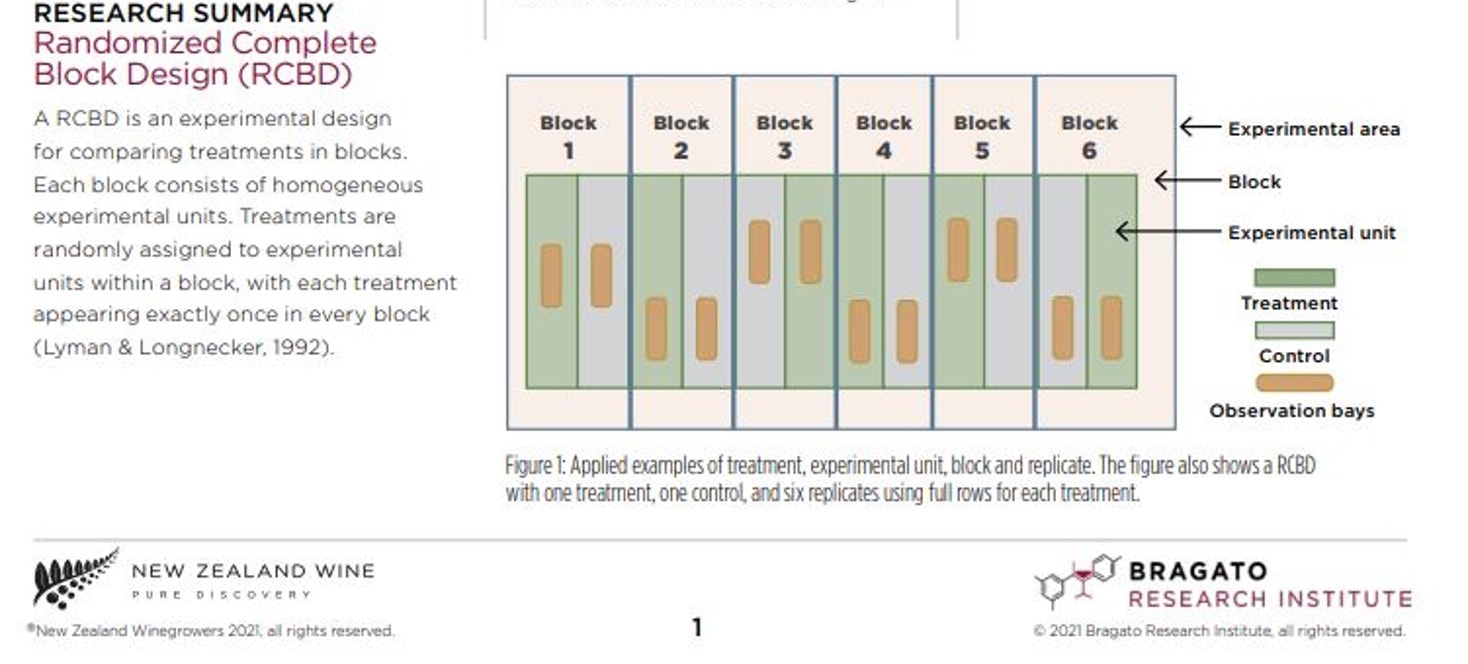
Improving the consistency and accuracy of Visual Soil Assessment is also a critical part of enabling growers to improve their soil health. BRI collaborated with Organic Winegrowers NZ, the regional wine associations, and world expert Graham Shepherd to deliver in-vineyard workshops on soil assessment. Nine workshops were held around the country and attended by 225 growers who learned how to use Graham’s procedure, which has been backed by the Food and Agriculture Organization of the United Nations (FAO) and used in 14 countries.
Expert consulting
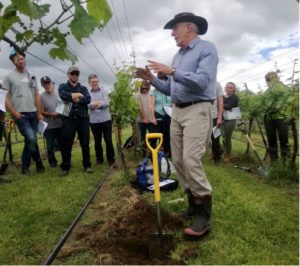
Graham Shepherd undertaking a Visual Soil Assessment workshop with Hawkes Bay viticulturists
While supporting grower’s own soil health initiatives has been a focus of the past year, sometimes it’s necessary to call in the experts. In October 2020, BRI’s expertise in soil health led to the establishment of a commercial consulting service to meet individual growers needs on a fee-paying basis. A grower may have noticed that something isn’t quite right – whether that’s soil compaction, drop in yield, poor vine performance, drop in soil organic matter, water logging, run-off, increased inputs or simply declines in profitability. BRI works with growers to identify the limiting factors within their production system. Solutions to building soil health are generated by combining:
- landowner experience
- baseline monitoring of soil physical, biological and chemical parameters
- desktop study
- data analysis and visualisation
Ormond Nurseries is a Marlborough-based provider of grapevines. Land use is intensive, with high turnover and year-round production. The owners of the nursery recognised that their soil management was unsustainable and contracted BRI to provide guidance. A comprehensive testing programme was undertaken, and a bespoke cover crop planting solution was prepared. A 4ha area was planted in a mixture of plants to improve drainage, trap nitrogen, and increase organic matter in the soil. Ormond Nurseries is delighted with the results and have continued their relationship with BRI beyond the original scope of the project, eg. utilising BRI’s soil expertise prior to the acquisition of new land.

BRI’s soil scientist Michelle Barry with Ormond Nurseries owners, in their extensive cover crop planting.


